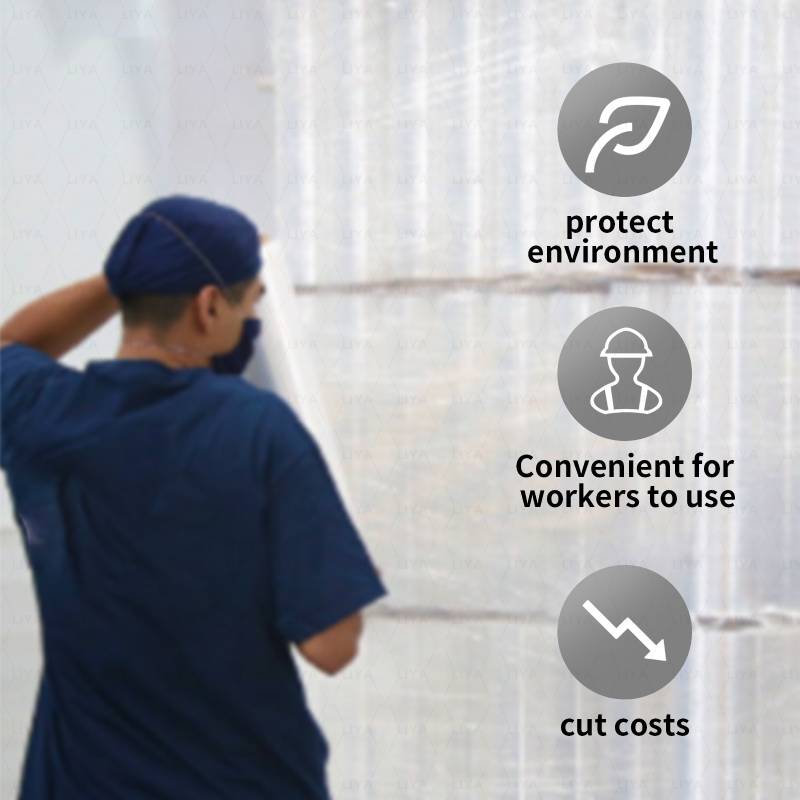compostable reusable bags
The Rise of Compostable and Reusable Bags A Sustainable Future
As the world grapples with the escalating environmental crisis, the need for sustainable alternatives to conventional plastic products has never been more urgent. Among the most promising solutions are compostable and reusable bags. These two types of eco-friendly bags represent a significant advancement in our effort to reduce plastic waste, conserve resources, and promote a cleaner environment.
Understanding Compostable Bags
Compostable bags are made from organic materials that break down into natural substances when exposed to the right conditions. Unlike traditional plastic bags that can take hundreds of years to decompose, compostable bags typically degrade within a few months, returning nutrients back to the soil. Common materials used in these bags include cornstarch, vegetable fats, and other renewable resources.
There is an important distinction to make between biodegradable and compostable. While all compostable items are biodegradable, not all biodegradable products are compostable. Compostable bags need specific conditions—temperature, moisture, and microbial activity—to break down effectively. This often requires industrial composting facilities, which are equipped to create the ideal environment for rapid decomposition. Many cities have started to adopt programs that support the use of compostable materials, thereby making a positive impact on waste management.
The Benefits of Compostable Bags
The environmental advantages of compostable bags are myriad. First and foremost, they significantly reduce the volume of waste that ends up in landfills. When compostable materials are disposed of correctly, they can enrich soil, supporting plant growth and healthier ecosystems. Furthermore, the production of compostable bags generally involves less energy than producing traditional plastic, as many are made from agricultural by-products.
Another significant benefit is that compostable bags contribute to a circular economy. Instead of being used once and discarded, these bags can be transformed into compost, which nourishes the soil and supports new plant life, thus completing an important ecological cycle.
compostable reusable bags

The Case for Reusable Bags
On the other hand, reusable bags are another crucial component of the movement towards sustainability. These bags, which can be made from a variety of materials—ranging from cotton and jute to recycled plastic—are designed to be used multiple times, reducing the need for single-use bags. By opting for reusable bags, consumers can significantly diminish their plastic footprint.
The popularity of reusable bags has surged in recent years, fueled by a growing awareness of the environmental impacts of plastic waste. Many governments around the world have implemented bans or levies on single-use plastic bags, encouraging shoppers to switch to reusable alternatives. Not only do reusable bags have a far lower environmental impact over their lifecycle compared to single-use bags, but they also often come in stylish designs, making them both functional and fashionable.
Challenges and Considerations
Despite the advantages of compostable and reusable bags, there are challenges that consumers and manufacturers must navigate. For compostable bags, one issue is the availability of composting facilities; not every community has the infrastructure necessary for proper compost disposal. Additionally, there are standards and regulations that govern what can be labeled as compostable, which can lead to confusion in the marketplace.
For reusable bags, hygiene concerns arise, especially if they are used to carry raw meat or perishables. Regular washing is essential to maintain cleanliness, but this adds an extra layer of responsibility for consumers.
Conclusion
In conclusion, compostable and reusable bags are vital components of our quest for a more sustainable future. By making informed choices about the bags we use, we can reduce our environmental impact and contribute to a healthier planet. As consumers become more conscious of their purchasing decisions, it is up to businesses and governments to facilitate the transition by providing access to composting facilities and promoting reusable alternatives. Together, we can pave the way for a cleaner, greener world.
-
Have the freedom of customizing your custom mailers any way you want! Our dedicated packaging support will help deliver you the mailing experience you need to elevate your shipping experience to the next level! Start making a strong impression on your customers and stand out from your competitors! -
LIYA uses high quality raw materials which directly purchased from large enterprises domestic and overseas such as PetroChina, Sinopec, Sabic, Equate, ExxonMobil, Dow Chemical, Total, and Borouge, ensuring the price advantage and quality of the raw materials. -
LIYA uses high quality raw materials which directly purchased from large enterprises domestic and overseas such as PetroChina, Sinopec, Sabic, Equate, ExxonMobil, Dow Chemical, Total, and Borouge, ensuring the price advantage and quality of the raw materials.





